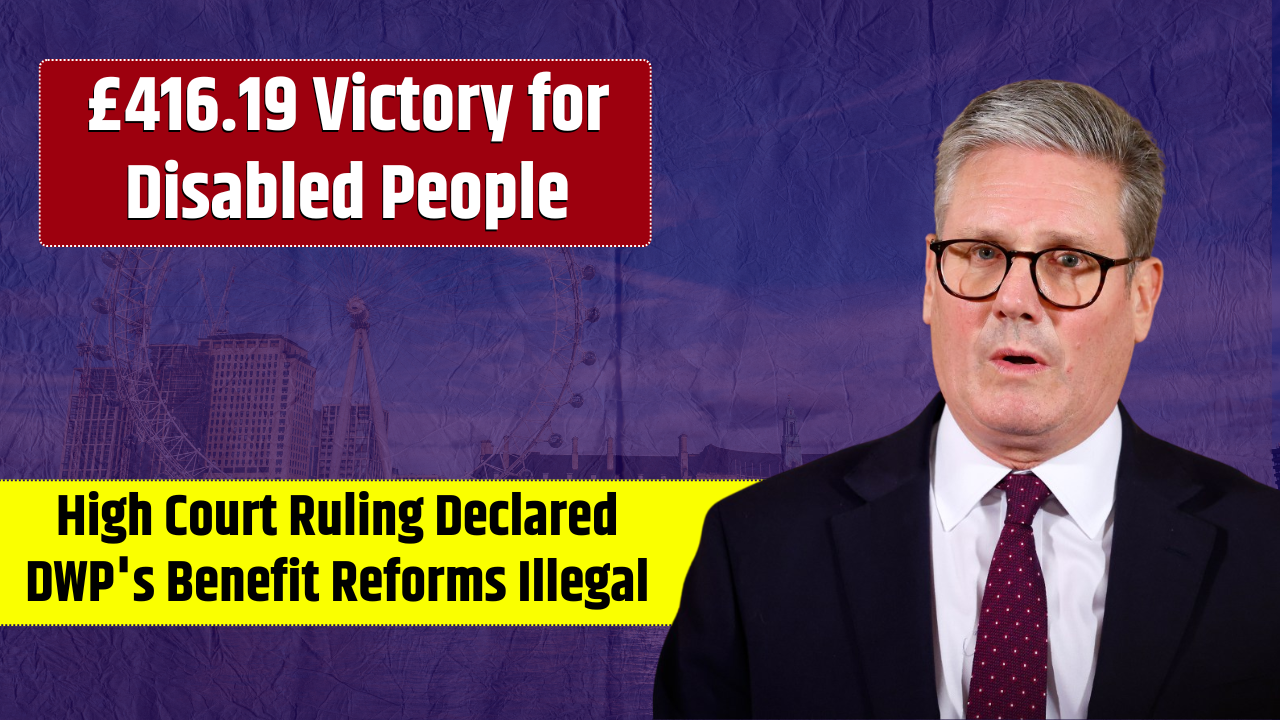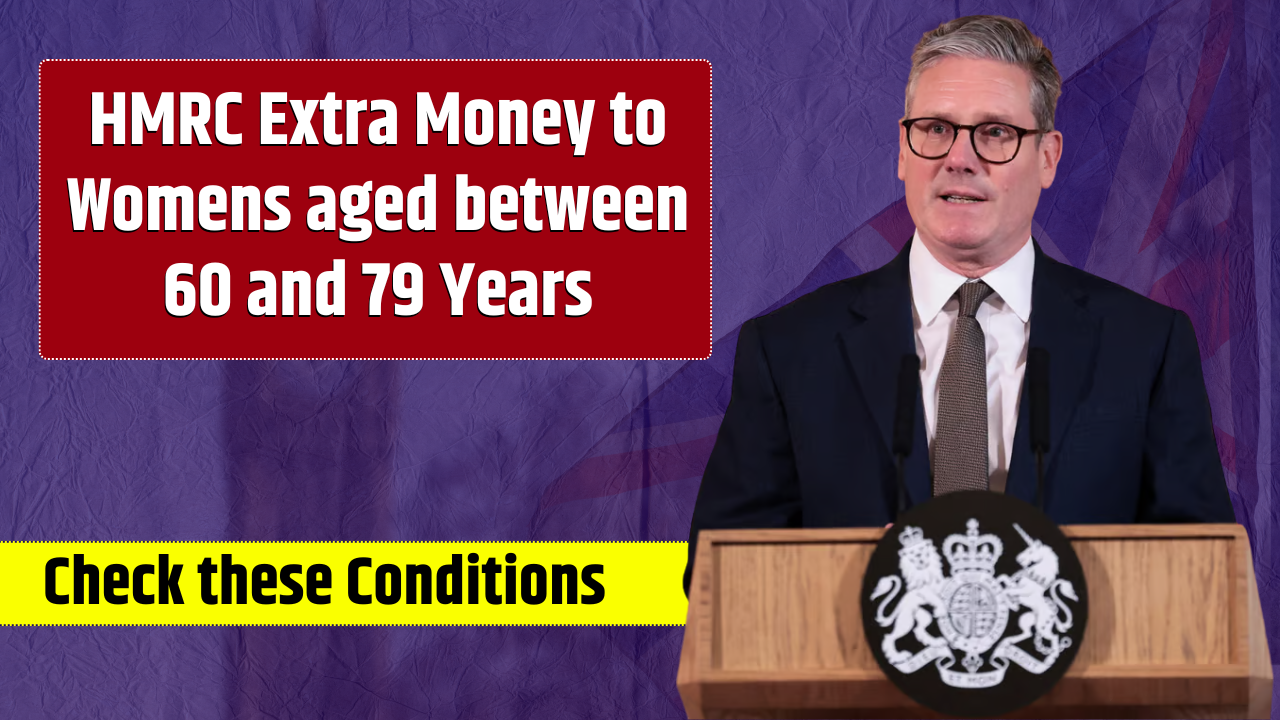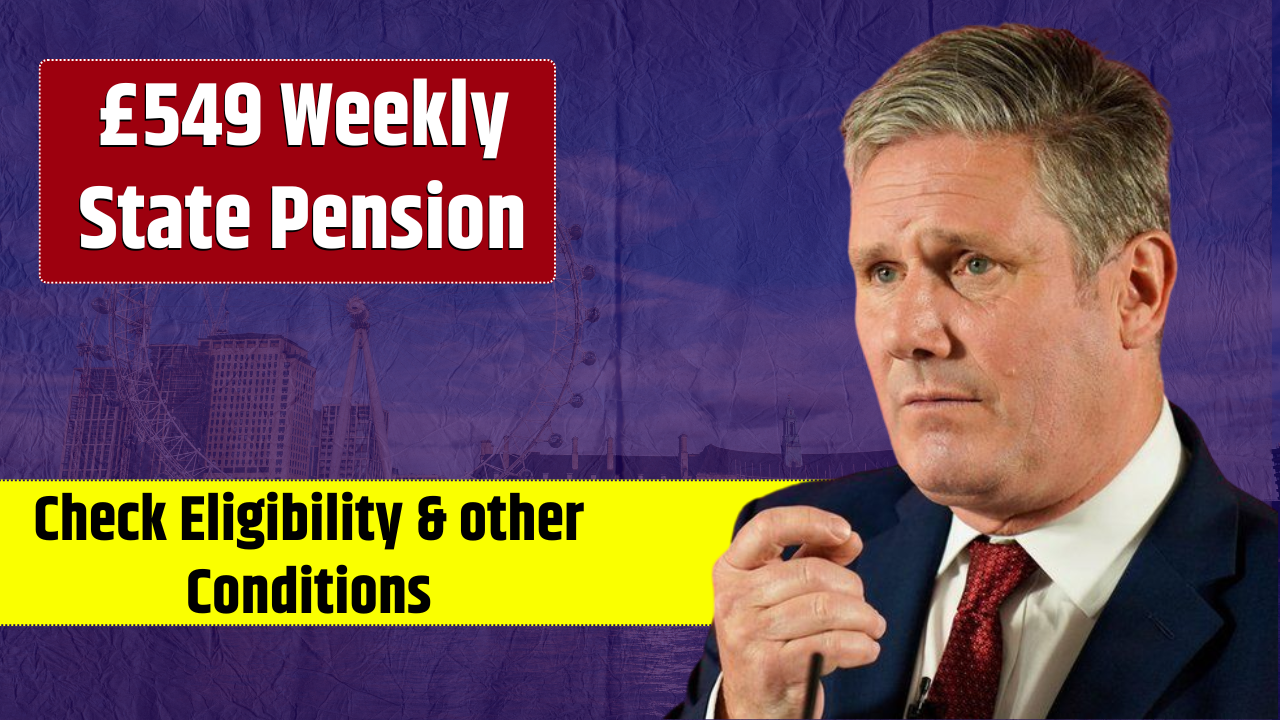A landmark High Court ruling has dealt a serious blow to the UK Department for Work and Pensions (DWP), declaring its recent consultation on disability benefit reforms unlawful. The decision marks a significant legal and moral win for disability rights campaigners, reinforcing the principle that public consultations must be transparent, truthful, and inclusive—especially when the lives of vulnerable citizens hang in the balance.
The Case: Cost-Cutting Behind the Curtain
The case was brought by disability campaigner Ellen Clifford, supported by the Public Law Project, after internal DWP documents revealed that behind the department’s reform proposals—publicly framed as “employment support”—was a less publicized motive: reducing welfare spending.
While the reforms were presented as helpful for getting disabled individuals into work, the documents painted a darker picture:
- 424,000 disabled people stood to lose financial support
- Nearly 100,000 risked falling into absolute poverty
- Some would lose as much as £416.19 per month
Yet these outcomes were never clearly disclosed to the public during the consultation process.
What the High Court Found
In a ruling delivered by Mr. Justice Calver, the court found the DWP’s approach to be:
- Legally inadequate
- Misleading in content
- Unfair to participants
The judge emphasized that consultations aren’t mere box-ticking exercises. When government proposals impact the most vulnerable, public engagement must be honest, complete, and meaningful.
The Financial Reality for Disabled Claimants
| Impact Area | Estimate |
|---|---|
| Disabled people affected | 424,000 |
| At risk of absolute poverty | 97,000 |
| Average monthly loss in support | £416.19 |
These figures were buried in internal DWP assessments but never disclosed publicly during the consultation.
Public Response: “A Vindication”
The ruling has sparked widespread support from disability advocates, legal experts, and even the civil service union that represents DWP staff.
Aoife O’Reilly, Public Law Project:
“This is a vindication of the right to a fair and lawful consultation. Disabled people deserve transparency—not spin.”
Organizations such as Inclusion London, the UK DDPO CRPD Monitoring Coalition, and the Public and Commercial Services Union (PCS) are now calling for the proposed reforms to be scrapped entirely, with a new process co-designed by disabled people.
What Happens Next?
While the court’s decision nullifies the consultation process, it does not automatically reverse benefit decisions or provide compensation to those already impacted.
However, because the consultation was ruled unlawful, any reforms stemming from it may lack legal validity—leaving the door open for:
- Policy reversal
- Future legal challenges
- Potential compensation claims
Key Points Moving Forward:
- The reforms are legally compromised
- Campaigners are pushing for full withdrawal and redesign
- Compensation or benefit reinstatement may require additional legal or political action
Beyond the Courtroom: A Moral Reckoning
This case has reignited a broader debate about the direction of UK welfare policy. Critics argue that the focus should be on addressing benefit fraud or mismanagement, not punishing legitimate claimants. The court’s ruling serves as a powerful reminder that budget cuts must not come at the expense of dignity or survival.
Disabled people are already navigating complex challenges. Any reform that risks pushing them further into poverty should undergo rigorous scrutiny, with their voices front and center.
FAQs
Did the court order benefits to be reinstated?
No. The ruling focused on the consultation process, not on individual benefit decisions. However, the reforms themselves may now lack a valid legal basis.
Are the DWP’s proposed reforms still in effect?
Technically, yes—but their legitimacy is now in serious doubt. Campaigners are demanding the proposals be withdrawn and restructured.
Was the consultation truly misleading?
Yes. The court ruled that internal DWP data showing major negative impacts was not shared with the public, violating standards of fairness and transparency.
Is the DWP appealing the decision?
As of now, there has been no formal announcement of an appeal. Campaigners remain prepared to pursue the issue further if necessary.






